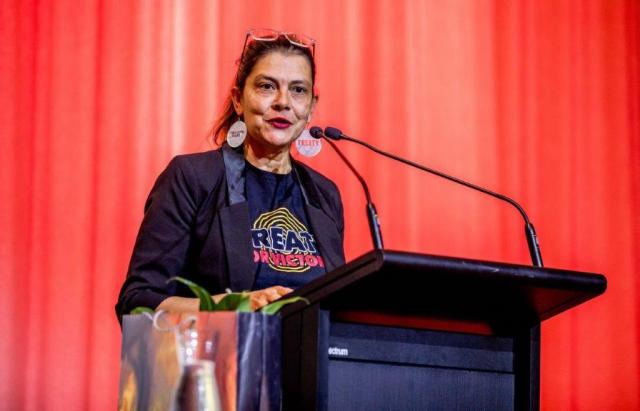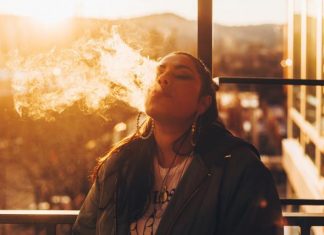Tracey Evans is a member of the Reconciliation Action Plan Working Group and is working hard to help the Indigenous community within Hume. Harper Sercombe spoke to her.
Can you tell me a bit about yourself, and your connection with Hume?
I am a proud Gunditjmara/ Bundjalung woman, a Traditional Owner here in Victoria and I have lived in Hume for over 20 years raising my family here.
What are your favourite things about Hume?
I love the open spaces, the diversity of cultures and the real community feel that this place has to offer.
Can you tell me about your connection to the Indigenous community within Hume?
When I moved to Hume years ago there wasn’t many families here and now there is. We are a diverse nation of people and I’m always meeting new families that have moved here. I’m currently a member of the First Peoples Assembly Victoria and a representative of Melbourne Metropolitan where Hume is. Because I live here I am well connected to the community that I represent.
How important is Reconciliation Week for not just the Indigenous community but the broader Hume community?
It’s important as Sovereignty was never ceded in this country. It’s about understanding true reconciliation and what each one of us can do to create a better place for all cultures and communities.
What are you most proud of from the work that RAPWG and Hume have collaborated on?
I am proud of working with the other RAPWG members, getting to hear their stories and share each other’s hopes for a new tomorrow. I am also proud of the community events that have been run in partnership with Hume City Council. We get the opportunity to share our culture with all who live and work in Hume.
What has been your favourite and most rewarding community event that you with the RAPWG and Hume council have put on?
My favourite event every year is the Sorry Day event which marks the start of Reconciliation Week. As a descendant of the stolen generation it is important for our stolen generation to be honoured and remembered. It’s about sharing the true history and the truth telling. As much as it hurts to remember for our stolen generation survivors it is also about healing for them and their families.
What do you think people in your community can do to continue helping the local Indigenous community?
Be curious, educate yourself on what issues are important to my people. Connect with Aboriginal networks for learning and attend our events where you get to meet the community and celebrate our events with us.
What is the best way for Hume residents to connect with local Aboriginal networks?
Learn about the work the Hume RAPWG is doing, learn about the RAP for Hume Council and reach out to Aboriginal networks in the area. Send an email ask what they do and how can you be connected and support their efforts. You might even like to volunteer with their organisation. There are also non-Aboriginal organisations that do great work with the community-find out who those champions are- what groundbreaking work are they doing and why are they seen as a culturally safe organisation for the Aboriginal community. It’s about education and information The more you know and understand the more you learn.







